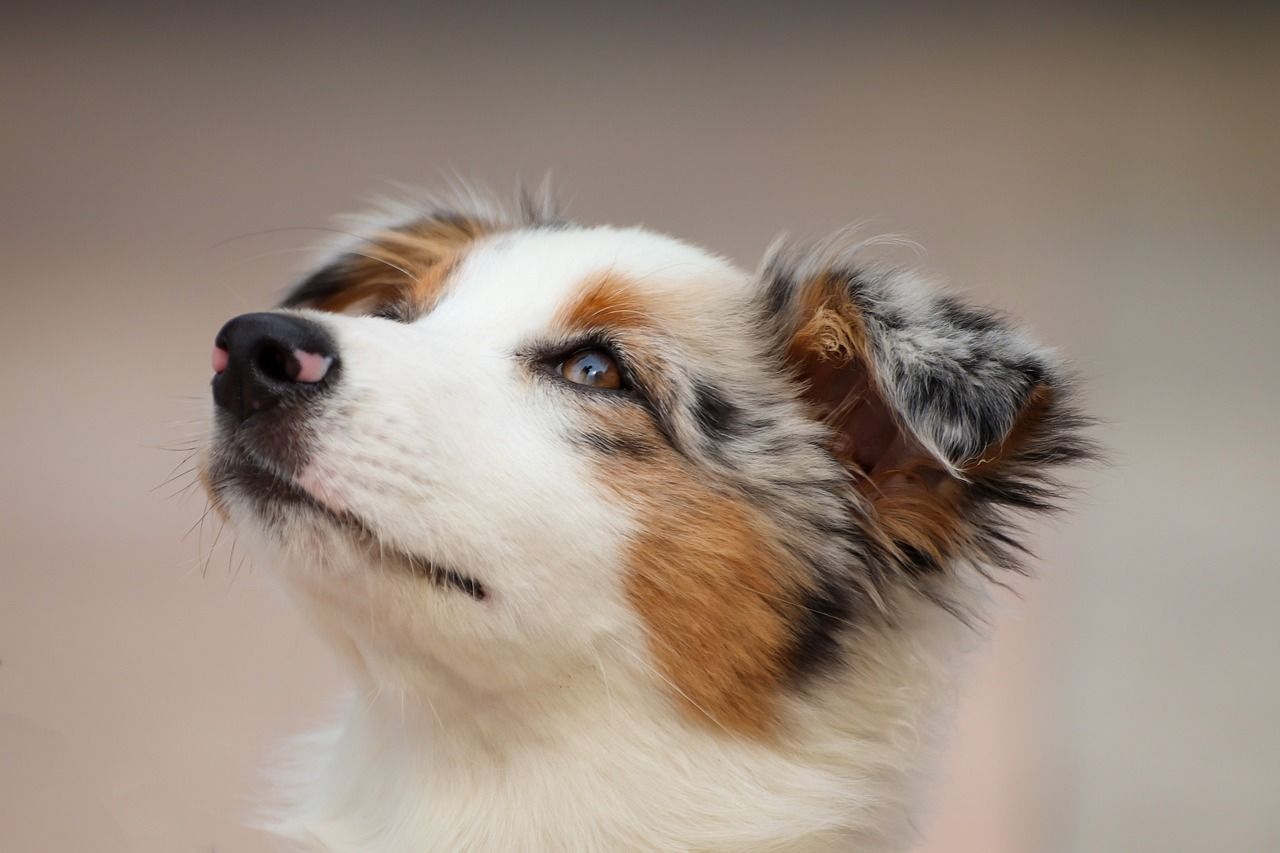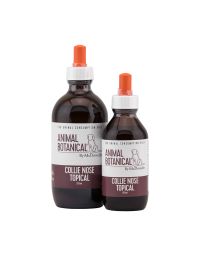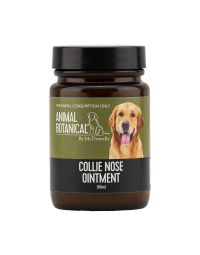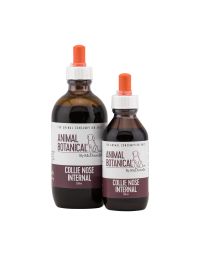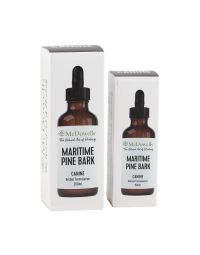Discoid Lupus Erythematosus (DLE) and Nasal Solar Dermatitis are not the same, although they can appear similar and sometimes overlap in clinical signs, especially on the nose or face of dogs and horses.
Both conditions tend to occur on the nose, especially where the skin is lightly pigmented. Sunlight can aggravate both and diagnosis sometimes requires biopsy to distinguish them clearly.
What is Discoid Lupus Erythematosus?
Discoid Lupus Erythematosus (DLE) is an autoimmune disease, also known as Lupus. DLE creates a skin condition in dogs that typically causes a loss of colour, (discolouration), on the hairless part of the nose, such as a black nose fading to grey or pink.
The surrounding skin may also be affected, and the discolouration can be accompanied by ulcers and bleeding. Symptoms of DLE can be missed and remain undiagnosed until the disease has reached an advanced stage. Two types of lupus occur in domestic dogs - discoid lupus erythematosus (DLE) and systemic lupus erythematosus (SLE).
What is Nasal Solar Dermatitis?
This type of collie nose, which worsens in the summertime, is caused by too much sun exposure. Nasal Solar Dermatitis can create weepy, crusty skin on the nose. Although it can affect different breeds of dogs, it predominately affects Collies, Australian Shepherds, Shetland Sheepdogs, and other related breeds. If left untreated, the crusty skin can start on the end of the nose, but then travel up over the bridge, and to the mouth and eyelid area.
Symptoms of 'Collie Nose'
- Paleness of the skin on the nose
- Skin redness
- Skin scaling and flaking
- Skin erosions (sores
- Skin ulcerations
- Skin crusting
- Scarring
- Painful to touch
If you suspect either condition in a dog or horse, it's best to consult a vet for an accurate diagnosis and appropriate management plan.
Prevention
The first step to preventing Collie Nose is to keep the dog out of very bright sun, limiting exposure to UV light, as well as covering the area with a dog-safe SPF sunscreen.
Diet also factors into prevention and aiding the healing process. Feeding your dog raw food improves the whole digestive system - when you’ve got the dog's stomach working the way nature intended, everything improves. Removing what shouldn’t be in a dog’s food intake, is a sure way to look after, and improve your dog’s coat and skin.
Any canine affected with Collie Nose benefits from being fed a natural, raw diet, with no packaged or tinned or containing preservatives. We’ve seen amazing results with our recommended diet in dogs who have had skin conditions for years!
McDowells Herbal Program
Collie Nose Internal - The herbs in this formula have been traditionally used to nourish and support the immune system and promote healthy skin. This mix has been specifically formulated for dogs suffering the effects of Discoid Lupis or Collie Nose and is best used in conjunction with our Collie Nose Ointment or Collie Nose Topical.
Collie Nose Ointment - Made in a pawpaw base that includes Hypericum, Calendula, Elecampane, Pine Bark, Chamomile and Thuja, along with the Bach Flowers, Walnut and Rescue Remedy, this ointment with assist with healing, and strengthen the dog's ability to rejuvenate the cells of the nose.
Collie Nose Topical - This product is designed to be applied to sore noses and may be beneficial if your dog’s nose is too sore to apply a cream or ointment. The Collie Nose Topical can be sprayed on with an atomiser mist spray or dropped on with the dropper.
Maritime Pine Bark – An excellent source of flavonoids with anti-inflammatory properties that work to protect the body from harmful free radicals, Maritime Pine Bark is a natural antioxidant. It helps boost the immune system and strengthens blood vessel walls and capillaries. This specialist antioxidant is nearly 25 times more powerful than Vitamin C, and boosts how the body uses the vitamin.
